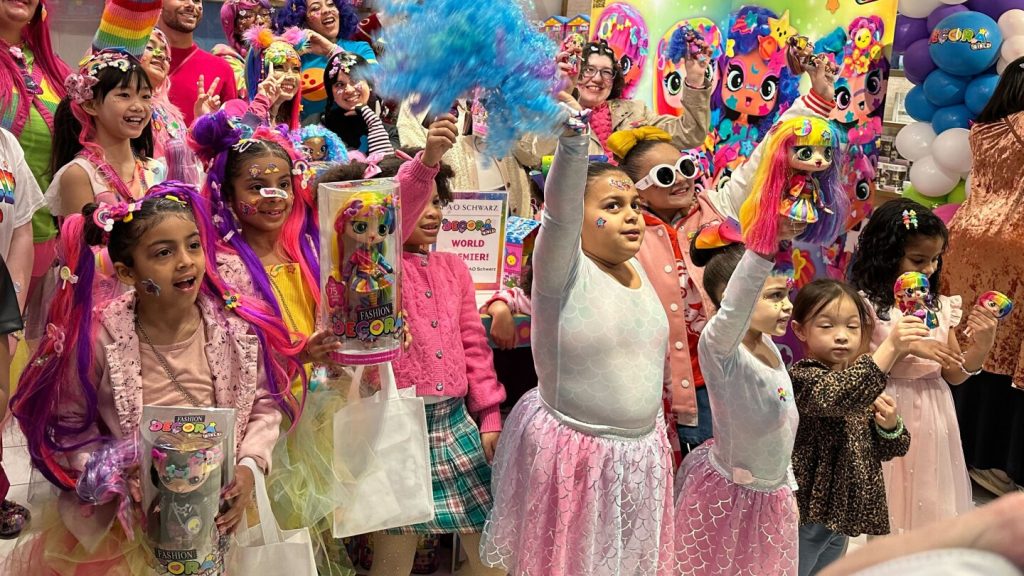The future of TikTok in the United States is uncertain, as the U.S. House passed a bill that would require TikTok’s parent company, ByteDance, to sell its stake in the platform within six months or face a nationwide ban. The Senate has yet to take up the legislation, and the outcome of a potential ban remains unclear. Many businesses that rely on TikTok for marketing and sales are beginning to plan for the possibility of a ban, with some retooling their campaigns and exploring alternative platforms.
Big brands that target younger consumers through TikTok are not panicking, but they are preparing for potential changes. Companies like Milani Cosmetics and e.l.f. Beauty have found success on TikTok with influencer campaigns and e-commerce initiatives. These brands are now considering alternatives like Flip and exploring opportunities on platforms like Instagram Reels and YouTube Shorts. Marketing agencies are advising brands to diversify their influencer spending across platforms in case TikTok is banned.
Some well-established TikTok influencers are already expanding their presence on other social media platforms, such as Instagram and YouTube, in preparation for a potential ban. While Instagram Reels and YouTube Shorts offer competition, they have not been able to replicate the unique culture and community that TikTok has built. The impact of a TikTok ban would be felt across the board, but smaller businesses and creator-founded businesses may be hit the hardest.
Several companies have found success on TikTok, including toy company Cepia LLC, which launched a plush toy collection called Cats vs. Pickles on the platform. Cepia also used TikTok to promote its new fashion doll line, Decora Girlz, by collaborating with influencers at a launch event in Manhattan. While some businesses are adapting to the potential loss of TikTok, others, like Deborah Mayer, who sells designer goods on the platform, see a ban as devastating. Mayer’s sales have increased significantly on TikTok, making up a large portion of her revenue.
A classified Senate briefing on TikTok has raised concerns about the platform’s national security implications, prompting some senators to consider legislation that would force ByteDance to sell its stake in TikTok. However, other senators are calling for a more thorough examination of the issue before rushing to pass any bills. The potential ban on TikTok has sparked debate among policymakers about the app’s impact on American users and businesses, highlighting the uncertainty surrounding the platform’s future in the U.S.


